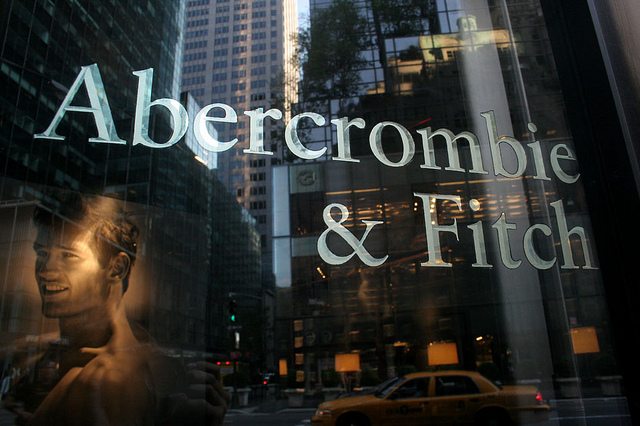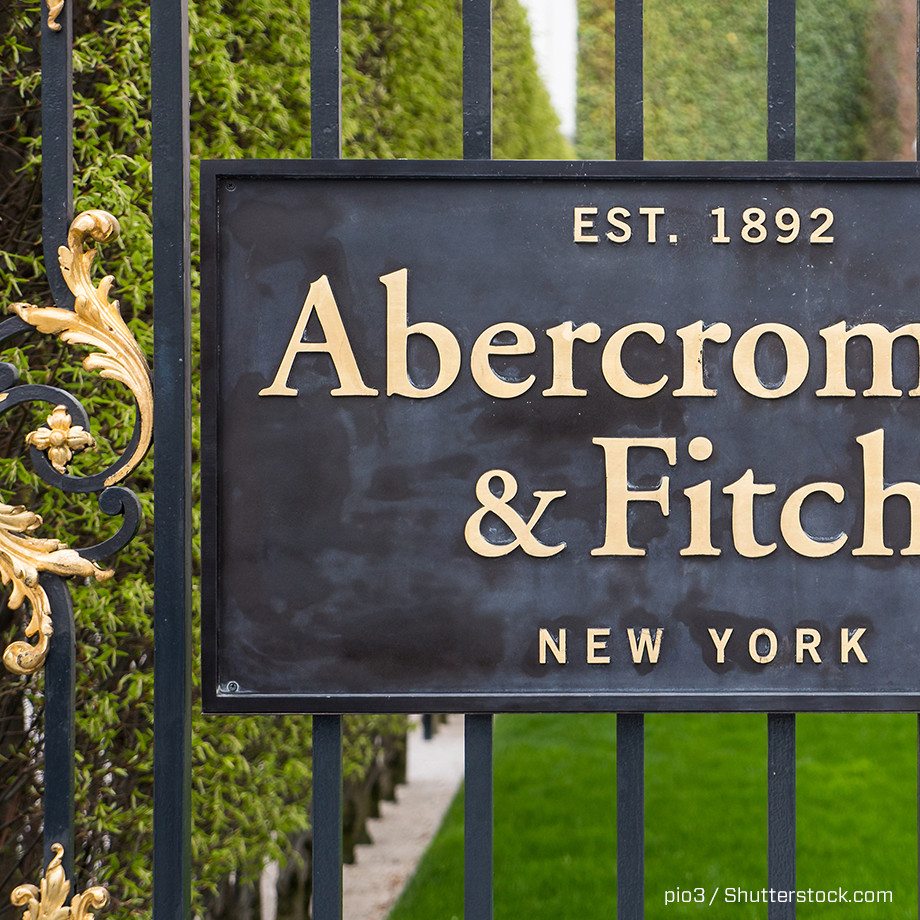In the interest of full disclosure, I am heavy—definitely overweight and probably have been all my life—except for the four months leading up to my wedding. So it is with a biased perspective that I read of Abercrombie & Fitch’s position towards fat people. According to an article in Business Insider, this clothing retailer does not want to sell its clothes to overweight women or men. The CEO, Mike Jefferies, has been given a lot of flak for stating that he only wants to sell his clothing to “cool kids.”
“It’s almost everything. That’s why we hire good-looking people in our stores. Because good-looking people attract other good-looking people and we want to market to cool, good-looking people. We don’t market to anyone other than that,” said Jeffries.

At Abercrombie & Fitch, women’s sizes stop at large, though men can get extra large and double extra large.
People are up in arms over his statement, and while I would never be caught dead in an Abercrombie & Fitch store—and apparently they don’t want me in their stores either—this is nothing but good positioning and a solid marketing strategy. Knowing that you can not be all things to all people is the benchmark of intelligent positioning. In retail, there are tons of examples of brands that clearly define their audiences from Forever 21 to DTLR. You will never see an ugly person in a Ralph Lauren broadside and Lily Pulitzer ads did not feature inner-city youth. In all of these cases it just was not their target market.
Looking at the plethora of comments to an article, Abercrombie & Fitch CEO Explains Why He Hates Fat Chicks, the vast majority of them are negative. But one particularly astute comment that stood out among the bashing.
Devon Houston, the CEO at True Artist Productions, comments, “It is a marketing strategy, but it being a marketing strategy does not make it a smart move to openly insult or discriminate openly against people that you sell to.”
Understanding and focusing on a niche audience is smart. Crowing about it in a public forum is not.






